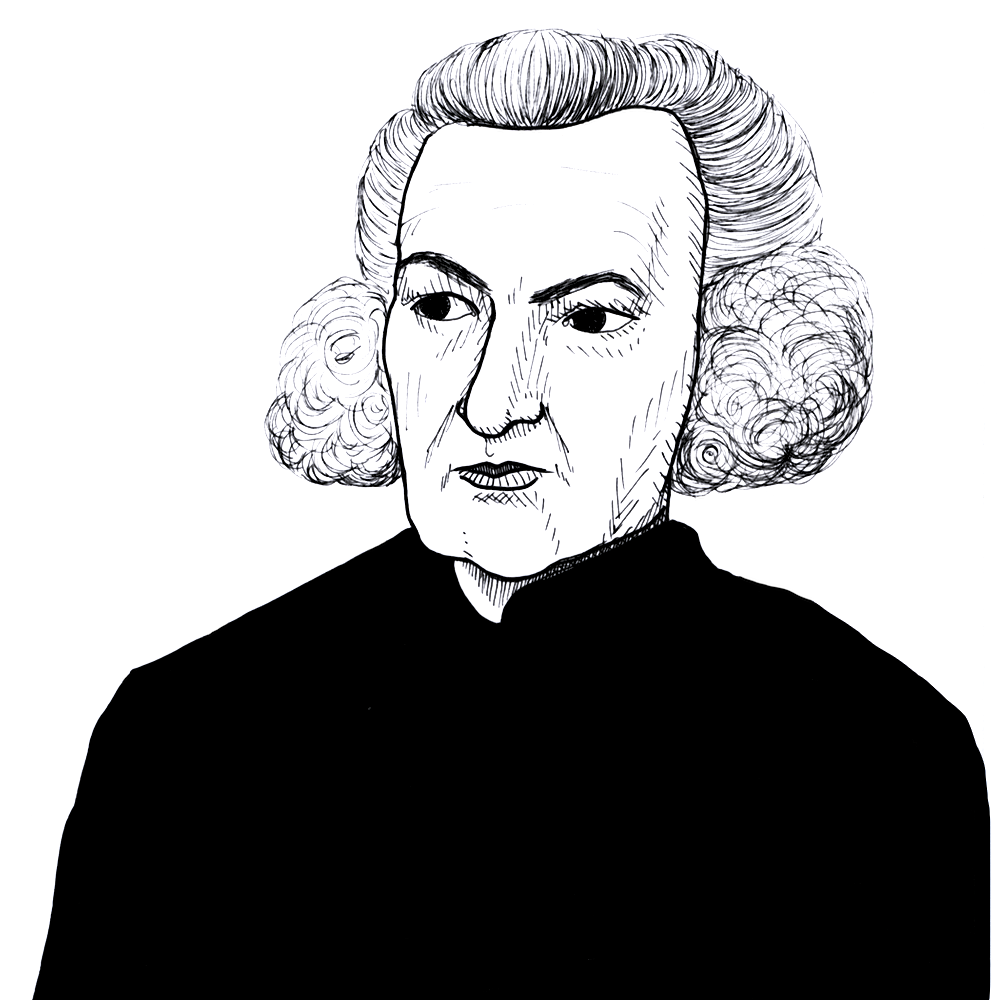
Richard Price on giving thanks for the principles of the Revolution of 1688 (1789)
Found in: A Discourse on the Love of Our Country
The Welsh Presbyterian minister Richard Price (1723-1791) argues that it is not enough to be satisfied with giving thanks for the partial liberties we now enjoy but to endeavour “to extend and improve” them:
Liberty
We have, therefore, on this occasion, peculiar reasons for thanksgiving—But let us remember that we ought not to satisfy ourselves with thanksgivings. Our gratitude, if genuine, will be accompanied with endeavours to give stability to the deliverance our country has obtained, and to extend and improve the happiness with which the Revolution has blest us—Let us, in particular, take care not to forget the principles of the Revolution. …
I would farther direct you to remember, that though the Revolution was a great work, it was by no means a perfect work; and that all was not then gained which was necessary to put the kingdom in the secure and complete possession of the blessings of liberty.